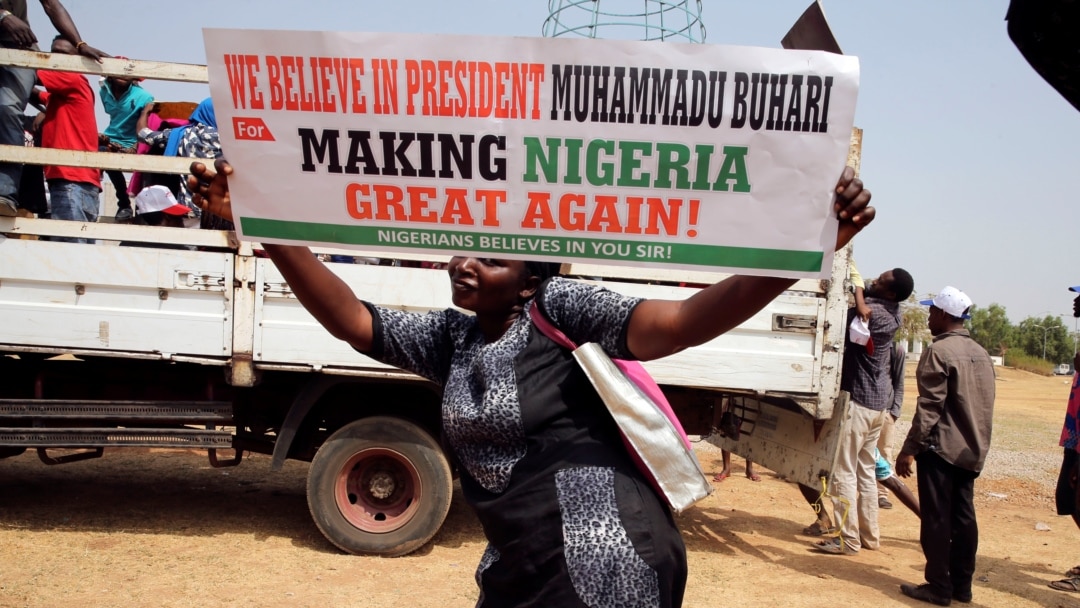President Bola Ahmed Tinubu’s latest working vacation – departing Abuja on September 4, 2025, for France (followed by plans to visit the UK), only to return ahead of schedule – highlights a worrying pattern: an administration increasingly defined by long foreign stays rather than sober leadership at home. While these travels are often justified by diplomacy or cooperation, Nigerians must ask: is the cost of persistent absence sustainable when basic governance is so precarious?
President Tinubu has spent 86 days abroad in just one year; far more than Buhari’s 47 days in his first year. In under two years, Tinubu has already racked up 20+ foreign trips to over a dozen countries.
Meanwhile, Nigeria burns: inflation is crushing families, fuel imports top ₦4 trillion in 6 months, refineries idle, power collapsing and bandits and terrorists are running rampage terrorizing states
Yet our President is more at home in Paris than in Abuja. Diplomacy matters, but you cannot govern Nigeria from the Élysée Palace. Endless travel is no substitute for leadership.
Compared to his predecessor; in his first year (May 2023 – May 2024), Tinubu undertook at least 17 foreign trips. Data from publicly available sources show that during that same year, he spent 86 days abroad; about one in every four days outside the country. By contrast, former President Muhammadu Buhari in his first year was abroad significantly less; about 47 days (roughly one in every eight days) during a corresponding period. Furthermore, since May 2023, Tinubu had visited at least 14 different countries in one reporting period and logged 20 trips in under a year. These statistics aren’t mere trivia; they represent a choice about where the presidency spends its precious time.
Back home, the challenges cannot wait. Inflation remains oppressive; energy supply erratic; security crises (banditry, communal violence, kidnapping, herdsmen conflicts) rage in several states. Fuel costs, food prices, port congestion, foreign exchange shortages; all demand presidential focus. A nation’s leader must be present, not jetting off while the nation burns. Supporters argue that foreign trips bring diplomatic gains: trade deals, foreign investment, global credibility. But when these trips are more frequent than visible evidence of domestic progress, the equation inverts. Diplomacy yields nothing if investors, citizens, and markets see chaos at home. A leader’s presence in crisis is itself diplomatic: ensures coordination, accountability, swift action.
If Tinubu keeps this up, Nigeria risks deeper economic collapse, policy paralysis, and a total erosion of public trust. The perception of abandonment will deepen cynicism. When citizens see officials abroad while they wait in queues, navigate insecurity, watch prices spike, it feeds disillusionment and political instability. Besides, key reforms (energy, oil & gas, subsidy transitions, infrastructure) need hands-on monitoring, not periodic oversight from abroad. The President’s absence weakens oversight and delays responses to emergencies. In addition, each foreign trip is a drainpipe on the treasury because of the costs (travel, entourage, logistics). When Nigeria is battling forex scarcity, inflation, debt servicing, such costs are not trivial. They amplify the perception of misplaced priorities.
Furthermore, both foreign and domestic investors watch stability. A government that appears more focused on foreign TV cameras than fixing fuel crises, port congestion, security, sees risk premia rise. Capital flees where certainty isn’t anchored in action. Without visible, steady leadership, localized crises can become nationwide emergencies. Sectors decay – oil production, refining capacity, infrastructure, power – without urgent attention, decline accelerates.
President Tinubu must recalibrate. Diplomacy is essential—but not at the expense of leadership at home. Travelling must not become an escape route. Ministers and officials can carry out international duties, but domestic crises require president-level presence: in meetings, in states, with communities.
Tinubu’s record of travel—far beyond that of his predecessors in comparable early periods—should have yielded visible gains. If not, then the logic of absence rings hollow. He must end the spectacle of endless foreign travel and begin the steady, visible work of governance. Nigeria needs him here. Now.





